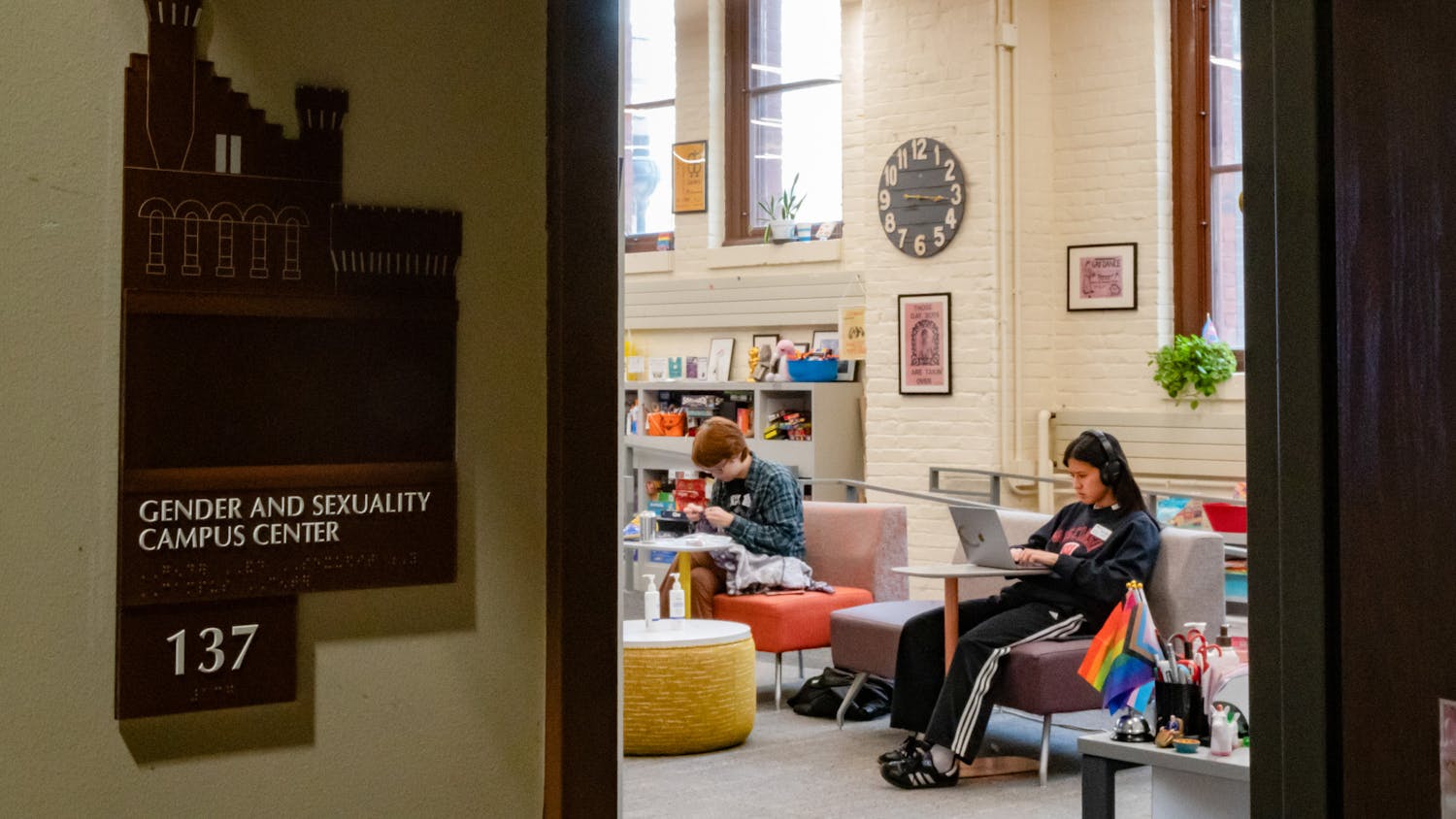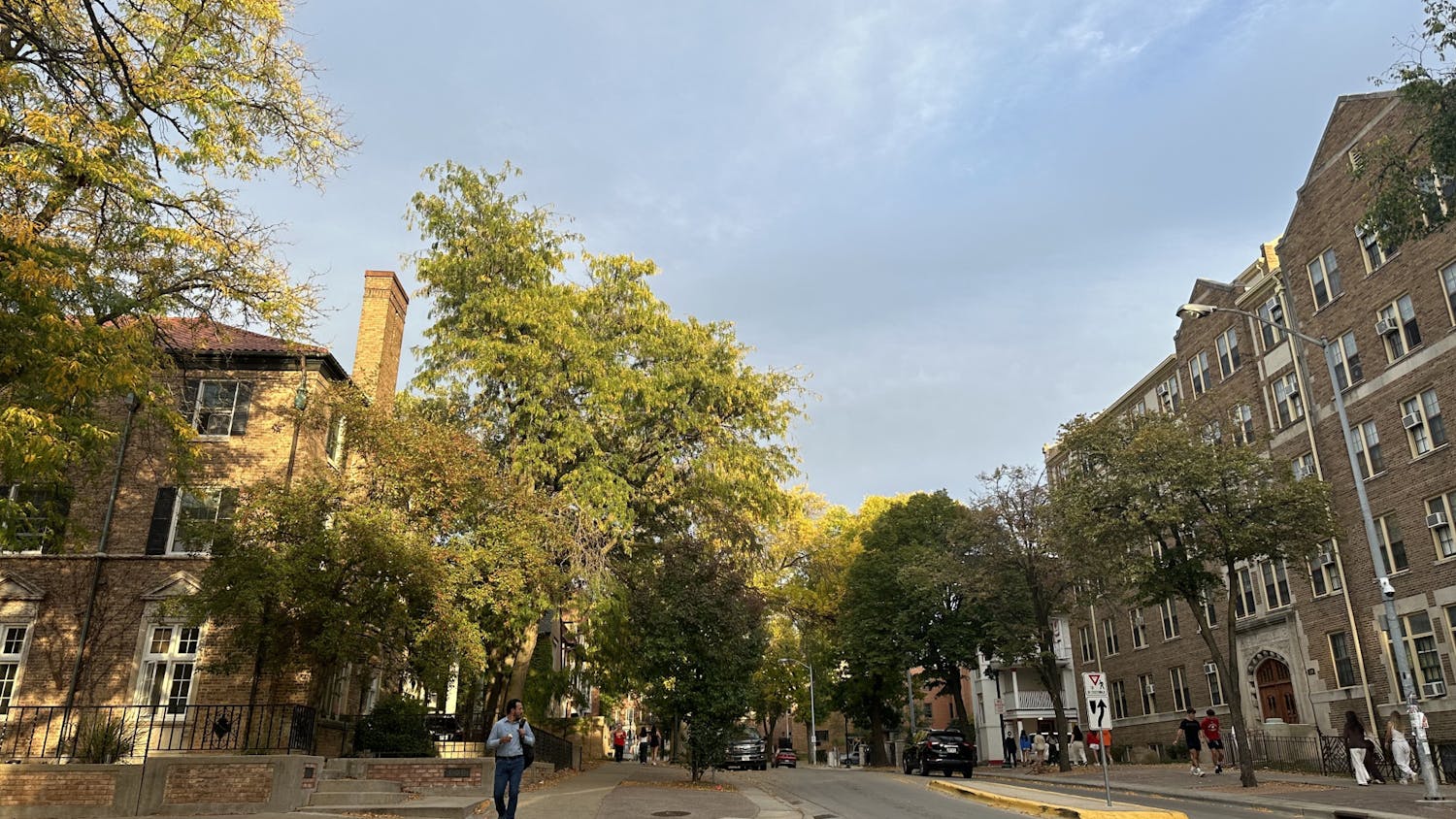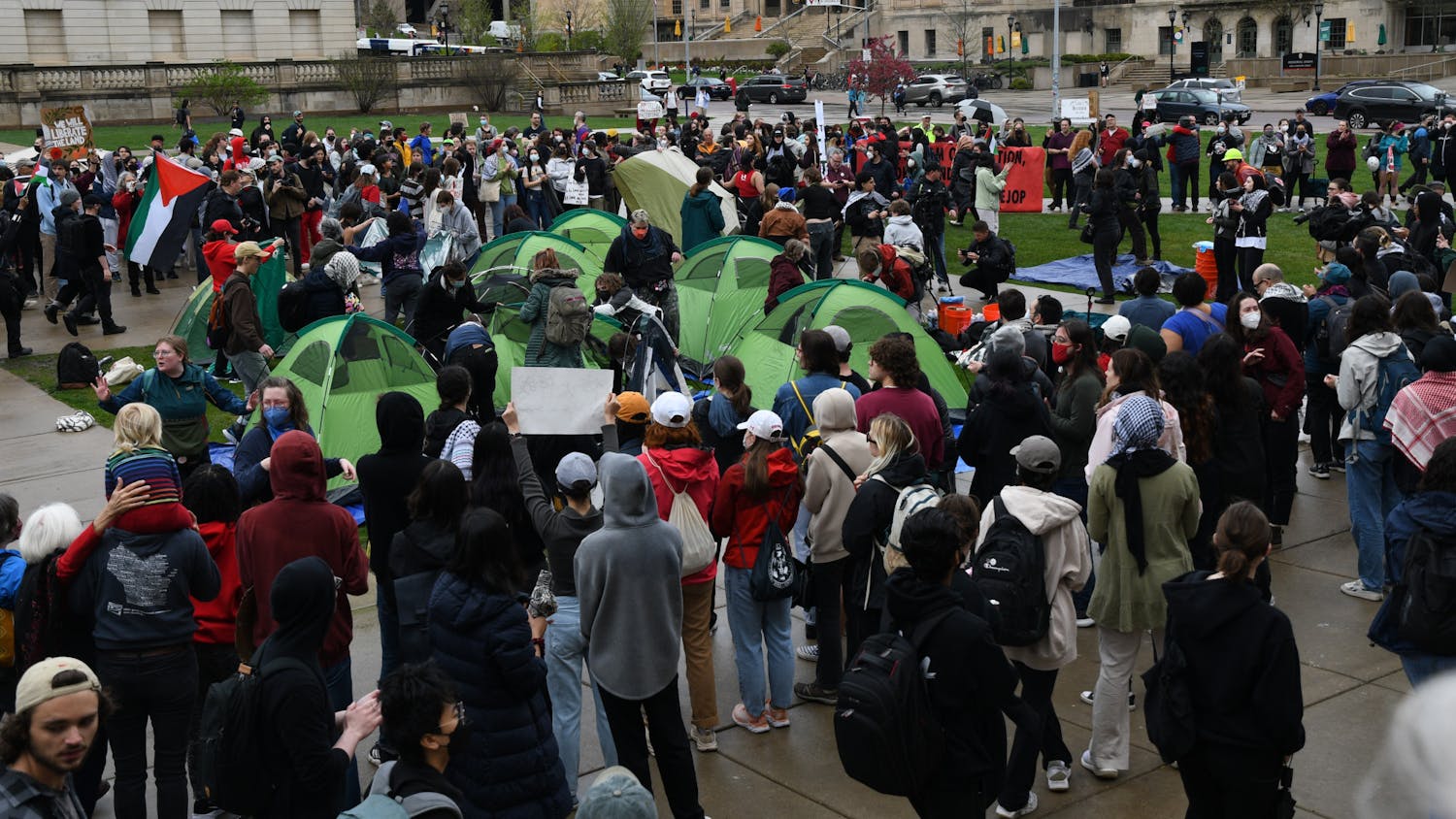As UW-Madison begins its spring semester with new COVID-19 protocols, some students have confronted not only long wait times and rejected tests, but also a federal requirement that restricts their ability to express their full racial identity.
Early this week, one student took to the “BIPOC (Black, Indigenous and People of Color) at Wisco” Instagram account to note the limited race identification options provided by the university’s newly-implemented Safer Badgers app.
“The Badgers Safe app asks you to select for race identification when you download and it doesn’t give anyone the option to check more than 2 races. Meaning that anyone who is biracial (including myself) was forced to only select one race,” the post reads.
While students of multiracial backgrounds describe how they grapple with the lack of recognition for their various identities, UW-Madison administrators have made a conscious effort to explain why the categories for racial identification were not under the university’s control.
“This is a federal government requirement that applies to UW-Madison because the university receives federal funding under the CARES Act,” the university’s official Instagram account wrote in response to the recent BIPOC at Wisco post. “The categories are provided by the federal government. We don’t have the capability to allow the selection of more than one category.”
Director of News and Media Relations Meredith McGlone reiterated points made by the university: “Yes, we saw and responded to the [BIPOC at Wisco] post. We hear the concerns of those who are speaking out. However, these categories are established by the federal government, not UW.”
The Coronavirus Aid, Relief and Economic Security (CARES) Act — a stimulus bill which was passed and signed under the Trump administration in 2020 — includes a Higher Education Emergency Relief Fund (HEERF). The aggregated COVID-19 stimulus bill aid for 13 UW System institutions amounts to about $150 million according to the Association of Public & Land-Grant Universities.
UW-Madison students recognize that establishment of these categories on the Safer Badgers app was not the university’s doing. However, students hold university administrators accountable for their perceived lack of empathy toward students who must weigh their racial backgrounds while completing intentionally simple tasks.
“Whether that comes in the form of monoracial normativity or another it’s important that when the University fails to recognize present identities they are called out on this significant misstep,” said Djamal Lylecyrus, founder of the @bipocatwisco page. “Clearly, the multiracial community of students felt further marginalized as a community who’s need of recognition was not met by UW. And as we address this problem it’s not to be malicious with the University, but it’s with the hope that they will rectify the issue and acknowledge the importance of the inclusion of such details in the future.”
Multiple multiracial UW-Madison students feel as if the lack of concern for acknowledging intersectional identities has become unfortunately monotonous.
“In this moment, at this point in life I’ll be honest it’s something that myself as a biracial person am so used to and desensitized almost to how messed up it is to have to choose between what identities to put on paper, on this app,” UW-Madison junior Juliana Bennett said.
The new app is just another way that UW students have felt forced into making tough decisions and distinctions about their identities.
“I can’t break down the complexity of my identity with one word,” said UW-Madison senior Lourdes Puig.” But I can’t choose one of my multiple races and cultures because … I’m not more of one or the other. I’m not going to favor one family because they’re all a part of me.”
UW-Madison junior Jordan Kennedy elaborates on the decision-making process when faced with selecting only one category on the Safer Badgers app, explaining how societal perceptions can affect internal perceptions as well.
“And when I am faced with that decision [between Black and white], I pretty much just go with Black each time because that’s how society sees me anyways. And, you know, they don’t see intersectionality. They don’t see the complexity of my identity,” Kennedy said. “They see brown skin and throw me into the bucket. So, you end up feeling like you’re kind of just doing that to yourself.”
Collectively, these students — and many more — convey that a federal arrangement may not be easy to change. Rather, they challenge the university to step up to the issue and acknowledge marginalized communities. Bennett feels as if this event gives the university an opportunity to step up, take leadership and set an example for other institutions of higher education.
“I would have had a lot more respect for acknowledging what it feels like to have your identity erased and then explaining like, ‘This is a problem, but thank you for bringing this to our attention. We are actively looking to find a solution,’” she said.
“When you have seen these oversights happen pretty much in every opportunity, it is no longer something that’s disappointing, because you expect it,” Kennedy said.
Students yearn for greater advocacy from those who hold positions of power on campus. Kennedy explains that asking ‘why’ questions is a form of advocacy and that students who care about and/or are affected by issues related to race and identity are already advocating.
“That’s you be[ing] in a position, seeing something that’s wrong — that is not necessarily affecting you — but still speaking up anyways to try to help those people,” Kennedy said. “And we do not have advocates in these positions — not at all.”
Jessica Sonkin is a former managing editor of The Daily Cardinal. She previously served as the news manager and campus editor. She is now a desk assistant at Fox News. Jess excels at her work and her leadership skills. Any future office would be lucky to have her as a co-worker or mentor.






